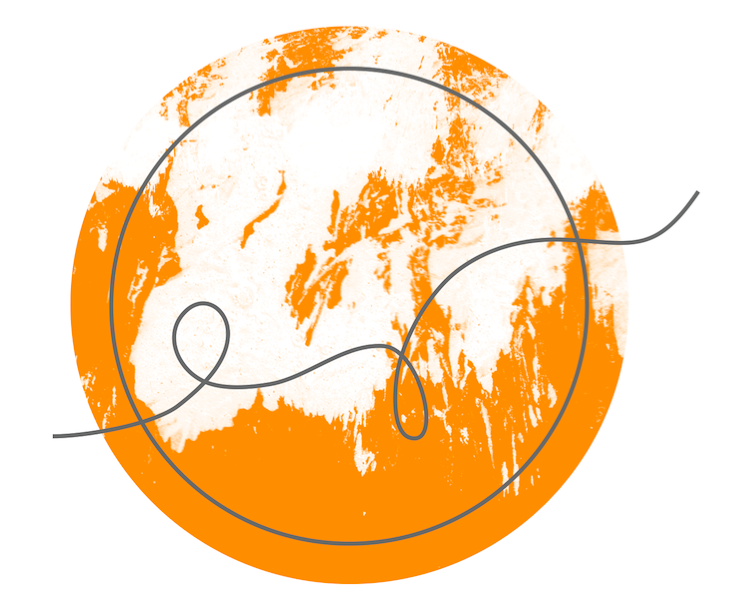Go Good Places Faster
/“Over the last year of coaching, I’ve seen transformation in individuals that at first was alarming when compared to what I’ve encountered over the last 15 years of work within the local church. The forward movement they experienced, professionally, personally, and spiritually within 2 months of starting a coaching process far exceeds the movement most make within a local congregation over the course of 2 or 3 years ... if ever. I’m increasingly convinced that coaching is an essential part of the discipleship process. Apart from coaching, people are left to simply deal in advice-giving with a splash of religious goods and services. They gain little awareness of whether or not they are living into their purpose toward greater wholeness. Coaching helps people go good places faster.”
Five years ago I was trained and certified in coaching as an artful yet developmental science. It has single-handedly been the most profitable training I’ve received in my 20+ years of people and leadership development. It’s my dream that anyone in spiritual leadership would become a coach because it will change how you do leadership by taking people to good places faster.
Joel’s quote above isn’t an uncommon experience from spiritual leaders who’ve completed our coaching certification training through the Center for Advanced Coaching. The movement, progress, and achievements of people who go through a coaching process isn’t rocket science, but it’s certainly a developmental science. We’d see different results if we practiced different tools. If we are to take seriously other’s transformation, we’d do better if we understood more of the art and science of change. We are only able to lead people to places where they need to go if we are going first into good places.
This spring we are facilitating 2 two trainings (Orange County, CA and Chicago, IL) for spiritual leaders who want to take their personal development and people development to the next level. Our 3-days together will be intentionally focused on you first, so you can take the models, tools, and skills to others seeking transformation. It will likely change your own life before you even have an opportunity to change someone else’s life. What do you have to lose?








